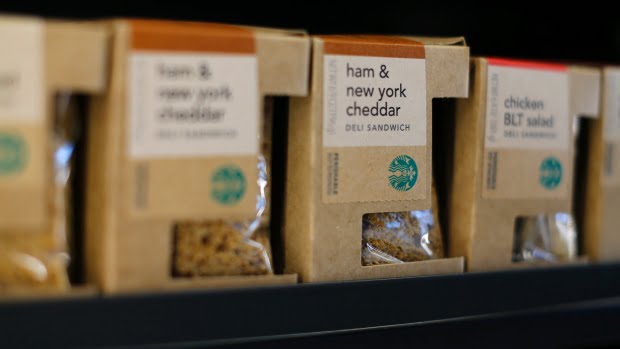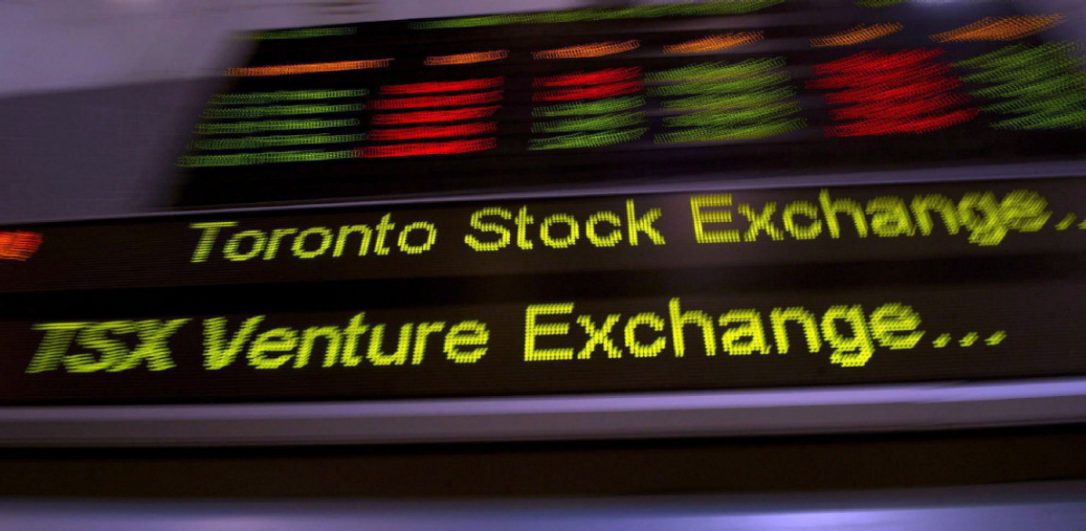Introduction To How And Where You Can Trade CFDs

CFD stands for Contract For Difference and it is form of derivative trading which is of not very old origin. It allows traders to make money by speculating on the rising and falling prices of fast moving financial markets. It includes in its gambit currencies, commodities, treasures, stocks, shares and indices. There are some unique features which make them different when compared to various other such financial products. It is possible to trade on margin and there is no need to pay stamp duty. You can go short or sell when you think prices are going to fall or go long (buy) when you have a study which says that prices will move northward.
Hence if understood properly and traded it is quite possible that you will be able to make money and big money at that. However, this is a new product and not much knowledge is available with first time traders. Hence it would be interesting to find how it actually works and where one should be able to trade on CFDs. We believe that the information will be able to give a direction to new traders in particular and set them on the right journey.
How Does CFD Work?
There are some unique features pertaining to CFDs which must be understood properly. When you are into buying and selling of CFDs you are not buying or selling the underlying asset whether it is in form of share, currencies, commodities or metals. Instead what you will be buying is CFDs pertaining to thousands of global market products and the same will be bought and sold in unit. It could include, as mentioned above, shares, currency pairs, treasuries, stocks indices and commodities. It could for example be units pertaining to a number of shares which constitute the FTSE 100 and so on.
For every positive movement in the prices of instruments, you stand to gain multiple corresponding to the number of units which you could have sold or bought. For each point which goes against you or move down, you will be incurring a loss. It has to be borne in mind that in a bad day your losses can exceed your deposits.
Understanding A Bit About Margin And Leverage
It has to be understood CFDs are leveraged products. In other words, when it comes to opening a position, you need to deposit a small percentage as far as the full value of the trade is concerned. This is also referred to margin requirement which allows you to trade based on margin. This could work both ways. In case of gain your profit would look big when compared to the margin money deployed.
On the other hand, if there is a loss the same could also look big because the margin deployed is very small. In fact there are many instances where losses could fully wipe out the margin money. In such cases you must make good the shortfall with the traders. This concept should be understood and gathering information from reputed service providers like CMC Markets is always recommended.
What Are The Costs Involved
There are some similar terms like spreads, holding costs, market data fees, and commissions which need to be understood. Commissions are applicable only for shares. Spread is nothing but the difference between the buying and selling price. Traders enter with the trade with a buying price and exit using a selling price. The lesser the spread the better it is for the traders. Hence it would always be advisable to look for traders who are in a position to offer the most competitive spreads. There is something known as holding cost, which could be in the green or red depending on the direction in which your position has moved. Market data subscription fees are also charged by service providers. This is for activating the right market data subscription. When it comes to trading CFDs consisting of share units, you should pay commissions which are decided as a percentage from time to time.
Where To Buy CFDs
As is the case with other trading instruments, commodities, shares and currencies, there are brokers and various other service providers who could help you in buying and selling CFDs. You may need to have special software to ensure that you make the best of such buying and selling activities.








